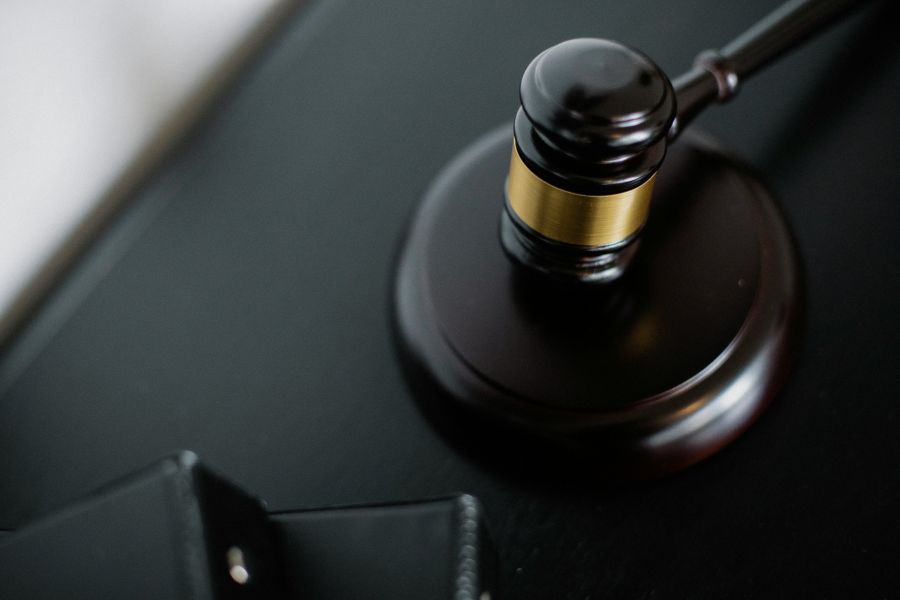Provincial and Criminal Offences

A provincial offence is a quasi-criminal offence created by a provincial statute. Provincial offences are regulatory in nature. In some cases, there are "equivalents" between a provincial offence and a crime. For example, careless driving is a provincial offence; its equivalent under the Criminal Code of Canada is dangerous driving. The Code creates criminal offences that attract more severe punishment.
In any investigation and prosecution, the rights guaranteed by the Charter of Rights and Freedoms must be respected. These include the right to remain silent, protection from an unreasonable search, the right to know the evidence the prosecution intends to use (the "information"), the right to make full answer and defence to a charge and the right to counsel. The Crown must prove every element of an offence. If reasonable doubt is raised for any single element, the defendant must be found not guilty.
A paralegal can assist with an examination of these elements and the exploration of possible defences. A paralegal can also assist with offence, plea and sentence bargaining.

Types of Provincial Offences
There are three types of provincial offences: mens rea, strict liability and absolute liability. The type of offence has consequences for both the prosecutor and the defendant. A two-step analysis may be used to identify the type of offence.

Rules of the Ontario Court - Steps of a trial
If you are charged with committing a provincial offence (POA) in Chatham-Kent, your trial will be held at the Ontario Court of Justice. If you are self-represented, be sure to review the Rules. The most important of these, as they pertain to a trial, are summarized below.

No police obligation to provide a detainee with resources
I admit, the title is a bit of an exaggeration. Detainees have the right to counsel, and police have a positive duty to implement this right. However, the detainee also has duties. In R. v. Sivalingam, 2019 ONCJ 239, Schwarzl, J. provided a good overview of the principles involved.

Will the court call a witness for the defence?
It's unlikely. In R v LS (2021 ONSC 4429), the defence was looking forward to cross-examining a witness. The Crown changed its mind about calling her. The resourceful defence, relying on R v Finta (1994 SCC 129), asked the Court to call the witness. The Court decided the circumstances were "very far removed" from those of Finta:
In our case, it is not at all necessary for this Court to call A.C. as a witness at trial. The defence is perfectly capable of doing so. In fact, the defence has the fortunate assurance of knowing that A.C. cannot easily resile from the evidence that the defence wants to elicit at trial because I am told that the said evidence is contained, expressly, in the statement that she gave to the police. Hence, the full toolkit will be available to Mr. Edgar, experienced defence counsel, including sections 9(1) and 9(2) of the Canada Evidence Act, RSC 1985, c C-5, as amended, if necessary. (23)